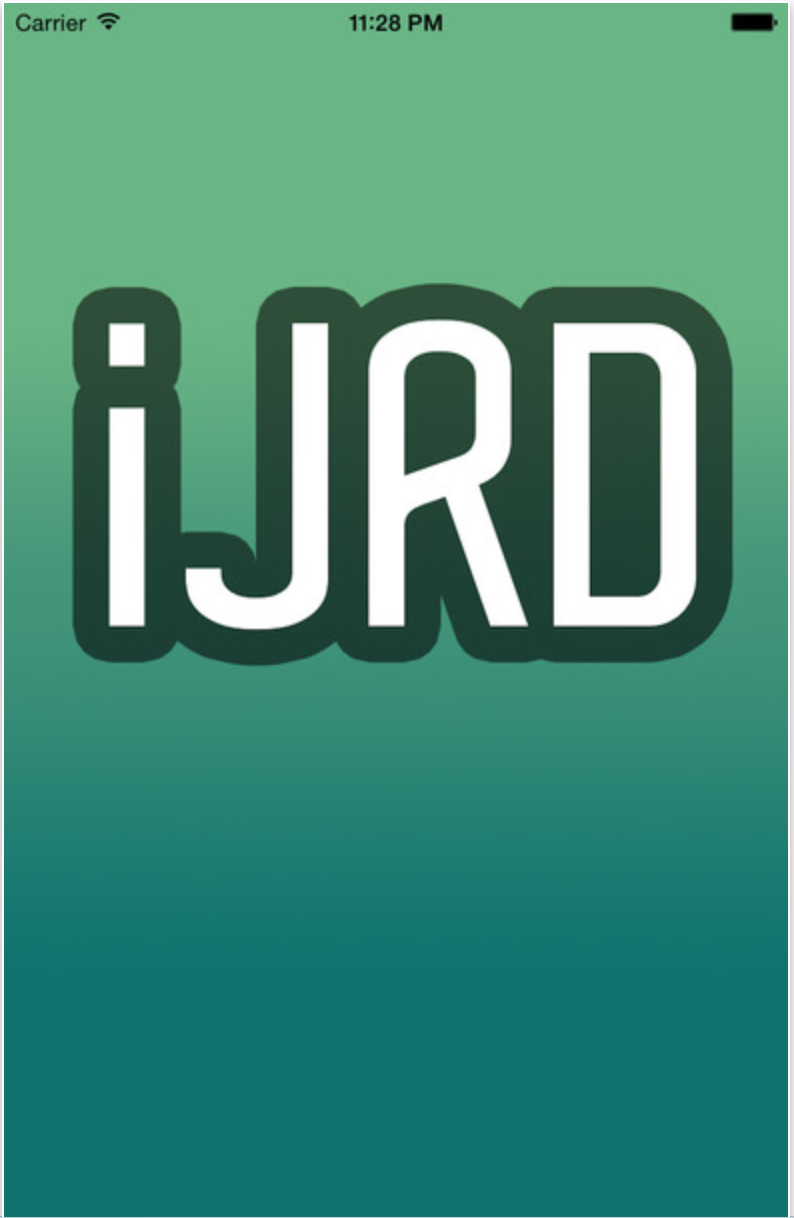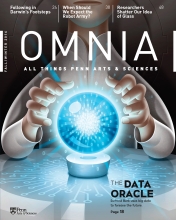“Having to remember where things are in the world is an intriguing problem that most of us face on a daily basis,” says Joshua Julian, GR’22, a doctoral candidate in psychology. Julian conducts research in directional ability alongside Professor of Psychology Russell Epstein, an expert in the cognitive and neural basis of spatial navigation. With the help of Peter Bryan, C’16, a recent Penn graduate, Julian and Epstein have launched a global project to test the spatial abilities of people around the world.
Psychologists can rate someone’s spatial “intelligence” in an assessment called “judgment of relative direction” (JRD), so Epstein, Julian, and Bryan developed an iPhone application called iJRD that will allow people across the world to virtually navigate their way through their home city. In the process, they learn about their spatial abilities and can even compare their results to those of other people using the same app.
Knowledge obtained from iJRD will also be critical for guiding research into spatial memory deficits caused by brain disorders such as Alzheimer’s disease. An improved understanding of spatial memory can help advance early detection methods and target therapeutic approaches.
“A diminishment in directional ability can be a red flag,” says Julian. “Ideally our research will one day be applied in a clinical setting to catch Alzheimer’s at its inception.”




